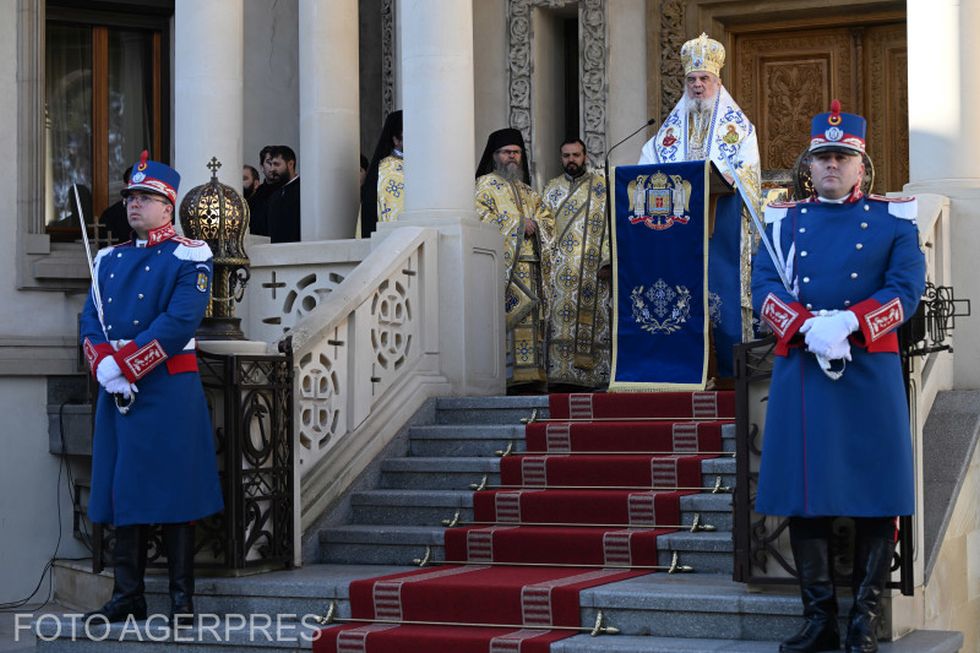Women Imprisoned by the Communist Regime
Women played a major role in anti-communist resistance in Romania.

Monica Chiorpec, 28.03.2016, 13:10
Women played a major role in anti-communist resistance in Romania. Some supported the men in their families in their fight against the regime, some sent messages to the West, but most of the women who were imprisoned have largely been forgotten. The Institute for the Investigation of the Crimes of Communism and the British Embassy in Bucharest plan to study the issue and bring to light major female figures who fought against an illegitimate, repressive and criminal regime. One of the most important sources in historical research is the criminal record forms of the inmates.
We spoke about that with Constantin Vasilescu, from the Institute for the Investigation of the Crimes of Communism: “The criminal record form was a sort of diary that accompanied every political detainee through the gulag. Such a document contained basic information: name and surname, date of birth, place of birth, residence, the moment of arrest, the sentence, the nature of the sentence, the penitentiaries that housed the inmate, and other things that researchers are very much interested in. We started from this data to obtain a valid quantitative analysis, on the one hand, and a solid overall image, on the other. These documents, however, may have gaps. Such a document is not perfect, much like most of the documents issued by the Securitate — the then political police, before 1989. I am referring to the fact that such a form sometimes has contradictory data, or even plain wrong, since the people who filled them in were sometimes just practicing, they were apprentices and tools of the repression mechanism. This was one of the launching ramps, filling in a criminal record form for a so-called ‘enemy of the people’.”
The reports issued by the Institute also reveal data about the social origin of inmates. Most came from a rural environment, and most had little formal education. 2,860 of the 3,802 detained women whose situation was looked into by the research had no political affiliation at the time of arrest. The rest were affiliated with the Legionnaire movement or the historical parties, and some were arrested simply for being ethnic Germans. Most were initially taken to Jilava penitentiary, then transferred to carry out their sentences at the penitentiaries in Mislea, Miercurea Ciuc, Bucharest, Arad and Oradea.
Here is Constantin Vasilescu with details: “Of the 76,000 inmates listed in the institute’s database, 3,802 are women. This is a small number, compared to how many men there were. However, from our point of view, that does not mean that women have been less courageous than men in fighting totalitarianism, or less willing to sacrifice. This discrepancy in numbers rather reflects the social realities of the time. Men dominated almost completely the decision process and politics. Also, it does not mean that they suffered any less. For almost every man imprisoned there was a grandmother, a mother, a sister, a girlfriend or a wife, who usually did everything in their power to help them. In the case of the people reported missing from home, especially the armed resistance people, women were the ones who had to live with raids from the Securitate, women were the targets of arbitrary violence. Last but not least, I would like to point out that this number, 3,802, is by no means definitive, on the contrary, it is the minimum.”
Starting in 1965, many political detainees were camouflaged as regular inmates or were forcibly sequestered as psychiatric cases. The latter is one of the most offensive forms of repression used by the communist regime.
As the research conducted by the Institute advances, the figure of 3,802 will most certainly get higher. Here is Constantin Vasilescu again, talking about a comprehensive report: “This study will be an encyclopedia of sorts of women imprisoned in the Romanian gulag, and we hope to issue it this year. It will be preceded by a comprehensive introductory study, which in itself could be a separate volume, since interpretation and synthesis work is at least equally important. The introductory study will be structured in such a manner as to cover the delicate problem of the women’s gulag. It will explain in detail the methodology, it will present and analyze scientifically gender issues, as well as the legislative framework of the repression, detention centers, personal evolution of inmates, and other such data.”
Unfortunately, many criminal record forms of women who fell victim to communist repression are mixed in with the records of common detainees at Jilava Penitentiary.






























